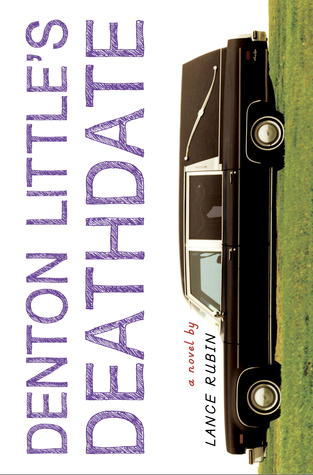Station Eleven
Emily St. John Mendel
Publisher: Aflred A. Knopf, 2014
Source: bought and read on Nook
Rating: 5/5 stars
We enter Station Eleven on the verge of an epidemic so great it will wipe out most of civilization within a few weeks. Watching Jeevan, an EMT, jump up from the audience and climb up onstage in the middle of King Lear to save an actor, we already know it has begun. On stage with Arthur Leander, the dead actor, and Jeevan is a little girl playing one of Lear’s daughters, Kirsten, who watches it all in horror. Jeevan leaves the theater on the eve of the epidemic and decides to barricade himself in his brother’s apartment. Then we jump fifteen years later to follow the little girl Jeevan met on stage. Kirsten has somehow survived and travels through the north with The Symphony, performing Shakespeare in different settlements throughout the area. In addition, we also see Arthur Leander’s life well before the world breaks down, following his life up to his demise. Despite these different characters on different timelines and stories, our characters paths not only twist and turn through each other’s lives, but eventually merge together into the same story.
It took awhile for the connections to sink in and become apparent. At first they seemed like surface connections, just characters who happened to all be in the same place at one important time. This was frustrating for me during the first half of the book or so, but it was so beautifully written that I didn’t want or need to stop. All but one character pull together by the end and it seems like it should have been obvious from the start, if only I had paid more attention.
In a post-apocalyptic world, the characters of Station Eleven drift, looking for meaning, for a life that blends the old world they once knew with this new, starkly different world of danger and survival. Told from not only different points of view, but also different time periods, Emily St. John Mendel weaves together a beautiful new world that is also terrifying. This new world is compared often to vague memories of the past, pieced together from mementos, books, and tokens of the past. There are so many beautifully muddled and unclear moments for our characters where they lose themselves in the unremembered, but find themselves in the images they can hear and picture, like the sound of ice clinking on glass, but not a mother’s face. Or the feel of a conversation, but not the content. Or the knowledge that something happened, but accepting that you’d never remember--not really.
Station Eleven is a novel worth delving into. It’s worth immersing yourself in these character’s lives and hoping for their survival in a world where that doesn’t come easily.












































